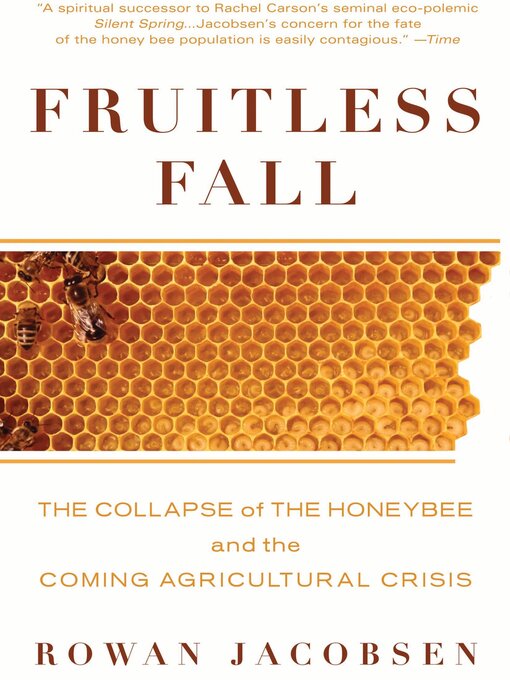- Top Fiction eBooks - Available Now
- Top Nonfiction eBooks - Available Now
- Historical Fiction
- Biographies
- Mystery & Suspense
- Cooking & Food
- Science Fiction & Fantasy
- Recipe Included Cozy Mysteries
- See all ebooks collections
- Top Fiction Audiobooks - Available Now
- Top Nonfiction Audiobooks - Available Now
- Mystery & Suspense
- Business
- Literature
- Foreign Language Study
- Science Fiction
- Great Narrators
- Newly Added Audiobooks
- See all audiobooks collections
- New Kids Titles
- Baddies in Books
- Feel Good Reads for Teens
- Read the Change You Wish To See in the World
- Thrillers for Teens
- Inclusive Kids' Reads
- Let's Start at the Very Beginning
- Do You Believe in Magic?
- New YA Titles
- Books to Rule Us All (YA)
- Being Young and In Love
- Tails and Tales: Animal Stories
- Prep School Page Turners
- See all kids & teens collections


